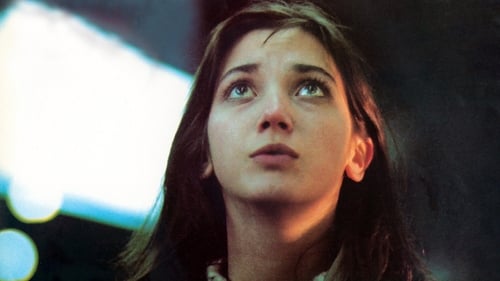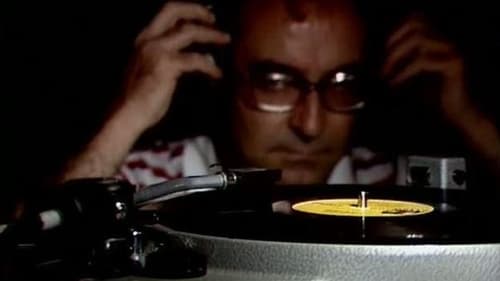
Director of Photography
Three old sisters get together every Sunday. For Epiphany Sunday, the program is busy: eating at the Chinese restaurant, drawing the kings and finally going to see, reluctantly, the show of the fourth sister, the extravagant one, the scandalous one, who is part of a comic troupe of the third age...

Director of Photography
The film takes the form of a documentary report in which the director Claire Denis follows Les Têtes Brulées, a group of five musicians from Yaoundé in Cameroon, as they tour France.

Cinematography
"Miéville captures a moment of disquieting intimacy amid the bustle of a parade." - BAM

Director
Harry is a silent and fragile man. Full of fear. He works at a consulate, lives with his teenage daughter Ingrid and nourish a relationship with Anna.

Director of Photography
Anne-Marie Miéville, frequent collaborator of Jean-Luc Godard, made this partner piece to Godard's own 'Je vous salue, Marie'. Marie, eleven years old, is experiencing difficult times. Her parents will separate. The perception of her universe is profoundly disturbed. This exacting portrait of a child immersed in her books, music and dancing casts a dispassionate yet touching eye on the girl's reaction to the new upheaval in her life.

Director of Photography
Quando a jovem Maria, ainda virgem, engravida, o noivo José a acusa de ser infiel. Gabriel, um estranho, tenta convencer o homem de que tudo faz parte do plano divino e não deve ser contestado.

Director of Photography
Vencedor do Leão de Ouro no Festival de Veneza, Carmen faz parte de uma gangue terrorista e se apaixona por um oficial de polícia que faz a segurança de um banco que ela e seus companheiros planejam roubar. Ela o seduz, colocando-os cada vez mais próximos da destruição. Carmen é vivida por Maruschka Detmers, que cria o tão erotizado clima durante as comentadas cenas de nudez.

Self
Godard constructs a lyrical study of the cinematic and creative process by deconstructing the story of his 1982 film Passion. “I didn’t want to write the script,” he states, “I wanted to see it.” Positioning himself in a video editing suite in front of a white film screen that evokes for him the “famous blank page of Mallarmé,” Godard uses video as a sketchbook with which to reconceive the film. The result is a philosophical, often humorous rumination on the desire and labor that inform the conceptual and image making process of the cinema.

Director of Photography
This short film is Godard’s message to the people of Lausanne, specifically journalist and critic Freddy Buache, addressing his reasons why he will not make a film about their town’s 500th anniversary. Rather than cynical or defensive, Godard's bemused narration of the footage of Lausanne is imaginative and even playful, a rumination on cinema's possibilities.








